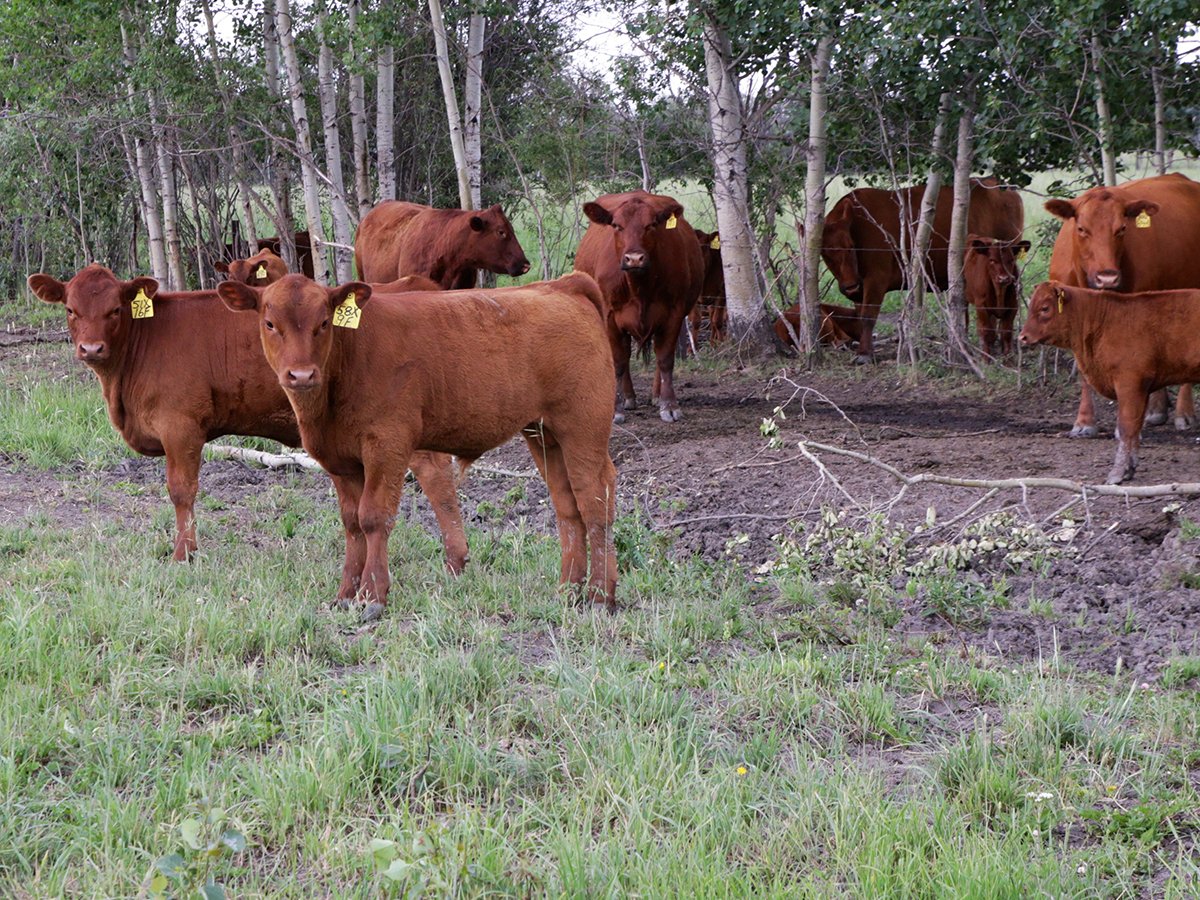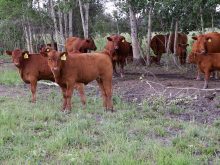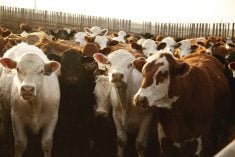Farmers can do their bit for the environment by remembering to return their used oil containers for recycling.
Dumping, burying or burning these containers is an environmental risk that could degrade property values and contaminate water.
“If you throw them away with oil in them, that is going to get into the environment,” said Phil Wrubleski of the Saskatchewan Association for Resource Recovery.
The Saskatchewan association and the Alberta Used Oil Management Association surveyed farmers earlier this year and found many are reusing the 20 litre pails. The associations want them to remember containers of all sizes up to 30 litres could also be recycled after they are no longer useful.
Read Also

Feeder market continues the climb
For the week ending Aug. 30, Western Canadian feeder cattle markets traded $4-8 per hundredweight higher on average.
“Reuse is higher in the hierarchy than recycling,” said Dennis Hambleton of the Alberta association.
The survey found Saskatchewan farmers bought 220,000 20-litre pails in 2004. Of the one million kilograms of plastic in those pails, 24 percent was reused and 25 percent was sent to recyclers.
Albertans had 2.68 million kg of plastic oil containers available for recycling. They reused 12 percent and 49 percent was recycled.
“We want them to know after they reuse them, they can still take them in for recycling,” said Wrubleski.
“A bigger concern is if the farmer is burning the pails,” he said.
That could release unwanted chemicals into the atmosphere.
Used oil materials contain small quantities of substances that could contaminate air, soil and ground water. They may contain trace metals, chlorinated solvents, gasoline, polynuclear aromatic hydrocarbons, glycols and PCBs. Plastic containers are not biodegradable and take up valuable landfill space.
The four western provinces offer return programs for used oil, transmission fluid, filters and containers. A small environmental charge of five cents per litre is assessed against the containers and that money is forwarded to collectors who are paid by weight for the plastic.
Empty plastic oil bottles and pails can be recycled into new containers, flowerpots, pipe, guard rails, fence posts and patio furniture.
Recycled oil may be used in the production of asphalt for roads and highways. It can also be burned for energy.
Oil filters are shredded and melted and the metal reused for products such as rebar, nails and wire.















